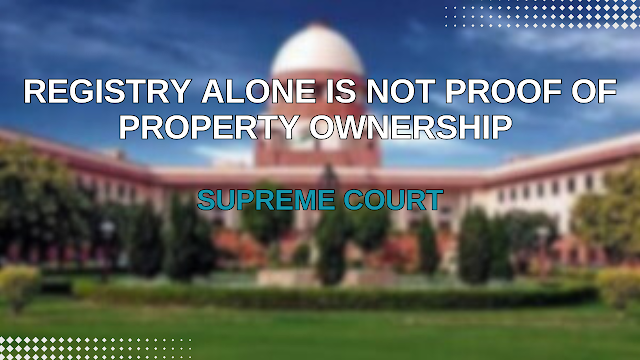🏢 Leasehold Flats in Noida, Greater Noida & YEIDA: What Happens When Building Life Ends?
.png)
Noida, Greater Noida, and YEIDA are rapidly growing real estate hubs where most residential apartments are constructed on leasehold land allotted by development authorities. Many flat buyers are unaware that while they purchase a flat, they don’t own the land beneath it. This blog will explain what happens when the building's life ends or the lease expires, and what formalities flat owners must complete to safeguard their interests. 1. Understanding Leasehold Property In Noida, Greater Noida, and YEIDA, most builder apartments are constructed on leasehold land allotted by the respective authority. Builders receive a lease (usually 90 years ) from the authority and construct flats to sell to buyers. Flat buyers get ownership of the built-up space , but not the land . The land remains under the ownership of the authority and is leased to the builder. 2. What Happen...
.png)


.png)